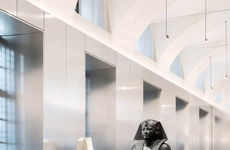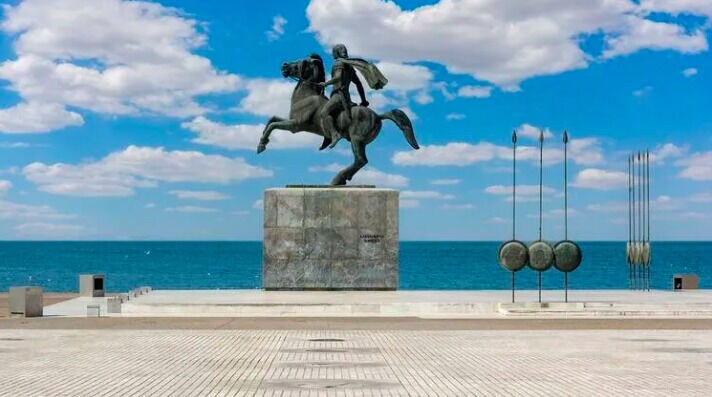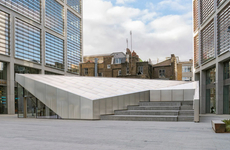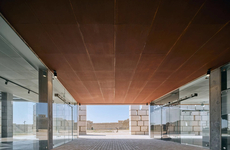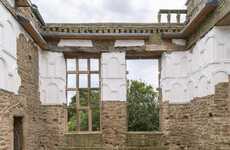
Greece's Palace of Aigai Has Reopened After 16 Years
Ellen Smith — January 23, 2024 — Art & Design
References: artnews
The historic Palace of Aigai, once the Royal Metropolis of the Macedonians, has reopened to the public after 16 years, following an extensive regeneration project.
The colossal site, three times larger than Athens' Pantheon, holds immense cultural significance as the location where King Phillip II was murdered and his son, Alexander the Great, was crowned. The meticulous renovation involved excavation, documentation, and artifact conservation. Preserving such historical sites is crucial for Greece's tourism industry, attracting visitors eager to witness the rich tapestry of ancient culture and pivotal events. The reopening not only provides a captivating experience for consumers but also contributes to the cultural heritage conservation, offering a window into Greece's vibrant past for generations to come.
Image Credit: Shutterstock
The colossal site, three times larger than Athens' Pantheon, holds immense cultural significance as the location where King Phillip II was murdered and his son, Alexander the Great, was crowned. The meticulous renovation involved excavation, documentation, and artifact conservation. Preserving such historical sites is crucial for Greece's tourism industry, attracting visitors eager to witness the rich tapestry of ancient culture and pivotal events. The reopening not only provides a captivating experience for consumers but also contributes to the cultural heritage conservation, offering a window into Greece's vibrant past for generations to come.
Image Credit: Shutterstock
Trend Themes
1. Historic-renovated-palace-reopenings - Historic renovated palace reopenings offer captivating experiences for consumers and contribute to cultural heritage conservation.
2. Extensive-regeneration-projects - Extensive regeneration projects are crucial for preserving historical sites and attracting visitors eager to witness ancient culture and pivotal events.
3. Meticulous-renovation-and-conservation - Meticulous renovation and artifact conservation play a pivotal role in preserving the cultural significance of historical sites and offering a window into the vibrant past.
Industry Implications
1. Tourism - The reopening of historic renovated palaces attracts tourists eager to witness ancient culture and pivotal events.
2. Cultural Heritage Conservation - The meticulous renovation and conservation of historical sites contribute to the preservation of cultural heritage for generations to come.
3. Architecture and Restoration - The extensive regeneration projects require expertise in architecture and restoration to bring historic palaces back to their former glory.
1.6
Score
Popularity
Activity
Freshness

